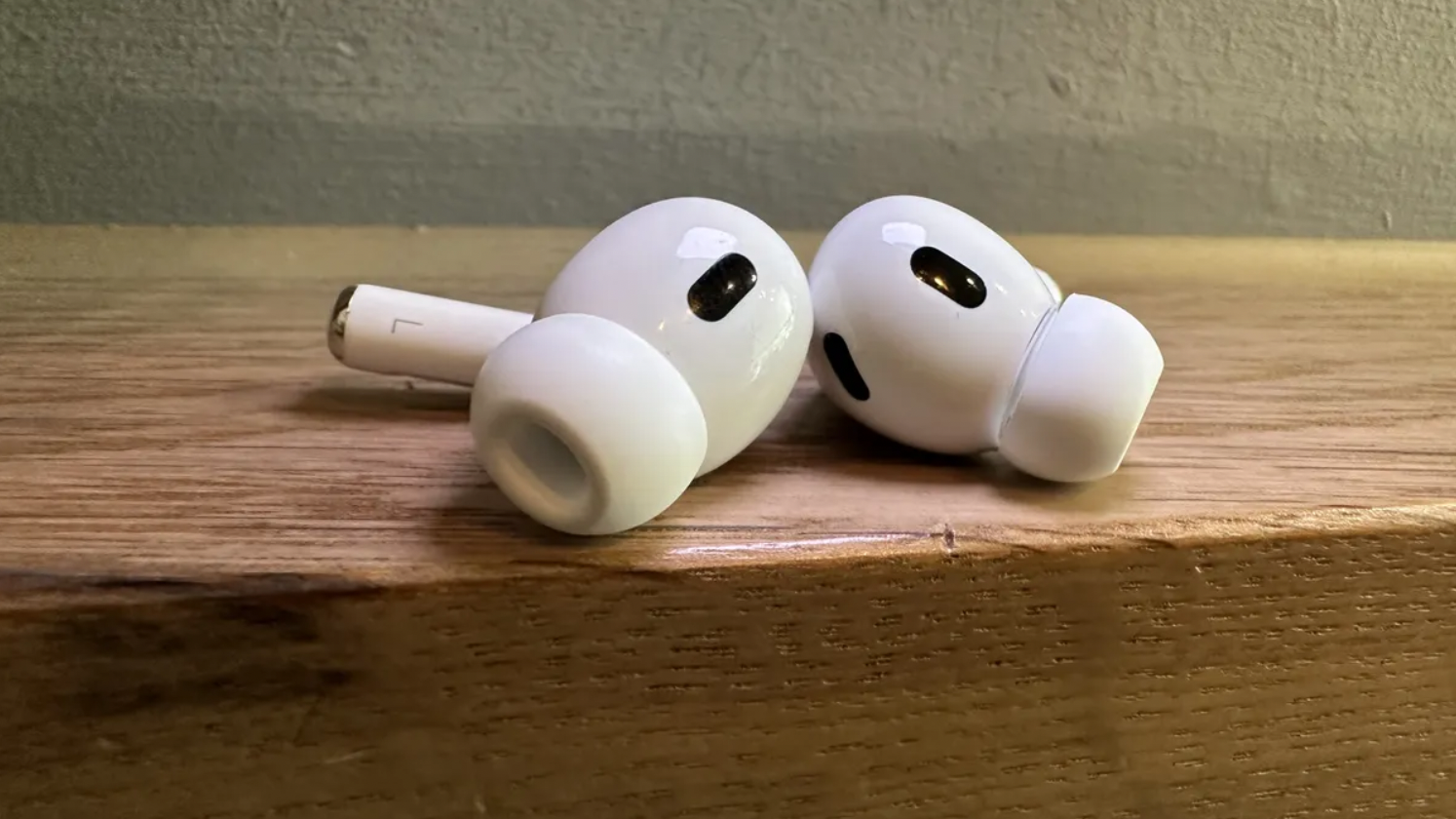. Sources familiar with the project indicate that the revamped virtual assistant is slated to debut with the iOS 26.4 update, a move that could redefine user interaction with Apple devices.
This aspiring timeline follows earlier reports of developmental hurdles and leadership changes within Apple’s AI division, signaling a renewed push to catch up in the rapidly evolving AI landscape. The redesigned Siri promises enhanced natural language processing and deeper integration with on-device data.
As unveiled during the recent Worldwide Developers Conference (WWDC), Apple is adopting a unified numbering system for its operating systems. Instead of version numbers tied to release years, all OS versions will now begin with “26,” with subsequent updates indicated by decimal increments. The “.4” in iOS 26.4, according to sources, signifies a Spring release, aligning with Apple’s typical March update cycle.
For instance, iOS 18.4 followed the debut of the new Os in September. It is released in March. Apple’s novel approach to OS versioning ensures a consistent brand identity across its ecosystem of devices.
The journey toward an AI-enhanced Siri has not been without its challenges. Despite showcasing Apple Intelligence at last year’s WWDC,the company has reportedly encountered setbacks in developing a smarter and more capable Siri.
The initial vision included a digital assistant with improved comprehension of natural language, capable of executing complex tasks using on-device data. Rather of requiring explicit instructions, Siri would proactively create calendar appointments based on text message content.
Originally planned for a March release, the upgraded Siri faced delays that led to a leadership reshuffle.Mike Rockwell, the Vision Pro creator, stepped in to lead the Siri upgrade team, replacing John Giannandrea.
While Siri’s overhaul remains in progress, Apple is introducing new AI features across its ecosystem.Ios 26 will feature AI-powered call screening in the Phone app to silence unwanted calls. Apple Intelligence will summarize voicemails.
Similarly, WatchOS 26 incorporates AI through a Workout Buddy feature in the Workout app. This feature tracks performance, provides workout motivation, and analyzes routines compared to previous sessions.
Apple’s journey into AI hasn’t been seamless. The company encountered multiple obstacles in developing a smarter Siri, initially slated for release in early 2025. These roadblocks led to an unexpected leadership change with Mike Rockwell, previously known for his work on the Vision Pro, replacing John Giannandrea to spearhead the Siri upgrade.
Even though Siri wasn’t shown at WWDC, apple did have a few AI features to show off. with iOS 26, the Phone app will have AI-powered call screening to automatically silence scam calls. Apple Intelligence will also provide voicemail summaries. WatchOS 26 will also have a bit of AI with a new Workout Buddy on the Workout app. The AI will keep tabs on your performance, provide some motivation during workouts, and analyze the routine to see how it compares to previous workouts.
Key Milestones in Apple’s AI Progress | date | Event | Details |
| 2024 WWDC | Apple Intelligence Showcase | Initial unveiling of Apple’s AI strategy. |
| Early 2025 (Planned) | Original Siri Upgrade Target | Initial timeline for releasing the upgraded Siri, later delayed. |
| Mid 2025 | Leadership Reshuffle | Mike Rockwell replaces John Giannandrea to lead Siri development. |
| Spring 2026 (Target) | Expected Siri Upgrade Release | Current target release date for the AI-enhanced Siri with iOS 26.4. |
The Delay in Apple’s Siri upgrade underscores the challenges of creating truly intelligent virtual assistants. As AI technology evolves, companies face hurdles in natural language understanding, data integration, and privacy concerns. The race to develop advanced AI assistants is intensifying, with major tech players vying for dominance.
The evolution of AI assistants extends beyond smartphones to encompass smart homes, vehicles, and wearable devices. As AI becomes more pervasive, user expectations for seamless and intuitive interactions grow, driving further innovation in the field.
Did You Know? according to a recent study by Juniper Research, the number of devices using AI assistants is expected to exceed 8 billion by 2026.
What features are you most excited about in the upgraded Siri? How do you think it will compare to other virtual assistants on the market?
Share your thoughts and comments below!
Apple’s virtual assistant, Siri, has been a staple of the iPhone, iPad, and other Apple devices for years. But as artificial intelligence (AI) rapidly evolves, the pressure is on Apple to keep Siri competitive. this article delves into Siri’s AI advancements, apple’s strategic goals, and the likelihood of success in this dynamic landscape.
The voice assistant market is a battlefield of technological titans. Google Assistant, Amazon’s alexa, and Microsoft’s Cortana are all vying for dominance.The core of this competition centers on AI capabilities like natural language processing (NLP), machine learning (ML), and the accuracy of understanding and responding to user prompts. Apple’s Siri has faced challenges in this area.
While Siri offers a range of functionalities, certain limitations have been noted by users and tech analysts. These include:
Apple’s approach to AI is often characterized by a focus on privacy, user experience, and seamless integration within its ecosystem. Details about the specific “new target date” that Apple is targeting are typically not publicly disclosed.however, numerous reports indicate Apple is investing heavily to improve Siri’s performance and expand its capabilities.This investment is focused on:
Apple often emphasizes its commitment to user privacy. This focus extends to how Siri processes user data. This includes local processing of voice data whenever possible and obvious user controls.
Apple’s privacy-centric strategy could become a major differentiator, especially as users become increasingly concerned about data security and how their information is used by the tech companies.
Siri’s usefulness extends to various tasks. Here are some core functions:
Siri plays a major role in the home using Apple’s HomeKit. This allows for seamless control of smart home devices, including lights, thermostats, and security systems.
Apple’s success will depend on its ability to overcome existing limitations and gain competitive advantage in the AI space. Key competitive factors include:
| Factor | Apple/Siri | Competitors |
| AI Capabilities | Strong user experience, focused on native products. | Google/Amazon have advantages in certain AI tasks involving large datasets |
| Ecosystem Integration | highly integrated within the Apple ecosystem (hardware and software). | Good but not as seamless integrations with diverse hardware. |
| Privacy | Strong emphasis on privacy; users increasingly trust Apple. | Privacy practices are sometimes a concern for users |
Challenges:
Opportunities:
practical Tips for Using Siri Effectively
Here are a few tips:
By utilizing these best practices, users can enhance their daily interactions with Siri and maximize the virtual assistant’s effectiveness.









